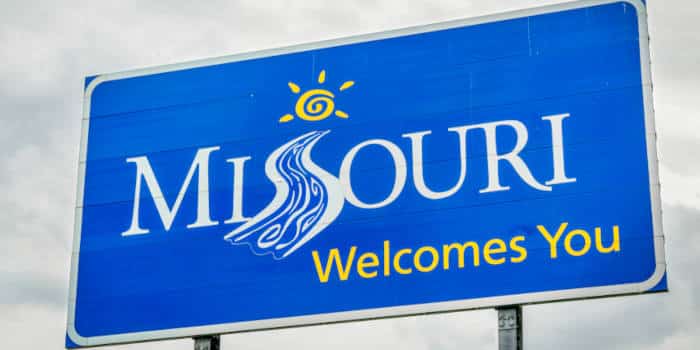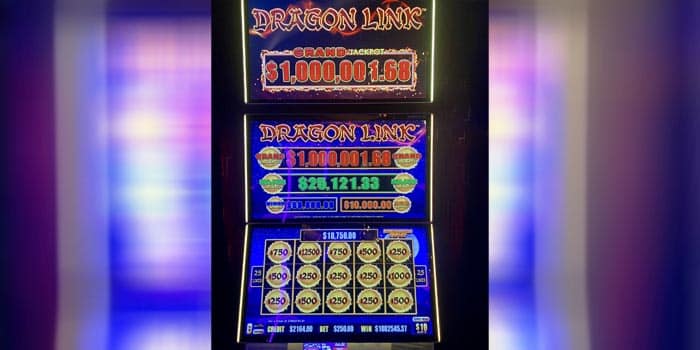- Casino
- By State
- Alabama
- Alaska
- Arizona
- Arkansas
- California
- Colorado
- Connecticut
- Delaware
- Georgia
- Florida
- Hawaii
- Idaho
- Illinois
- Indiana
- Iowa
- Kansas
- Kentucky
- Louisiana
- Maine
- Massachusetts
- Maryland
- Michigan
- Minnesota
- Mississippi
- Missouri
- Montana
- Nebraska
- Nevada
- New Hampshire
- New Jersey
- New Mexico
- New York
- North Carolina
- North Dakota
- Ohio
- Oklahoma
- Oregon
- Pennsylvania
- Rhode Island
- South Carolina
- South Dakota
- Tennessee
- Texas
- Utah
- Vermont
- Virginia
- Washington
- West Virginia
- Wisconsin
- Wyoming
- By State
- Slots
- Poker
- Sports
- Esports
Fact-checked by Velimir Velichkov
National Tribal Impact Unlikely in Southern Ute’s Lawsuit against Colorado
The Tribe launched a lawsuit against Colorado earlier this summer, arguing that taxes on betting shouldn't apply to it under an existing compact with the state

Colorado was among the states that launched online and retail sports betting in 2020. The activity was legalized through Proposition DD which received the approval of voters on November 5, 2019.
Under a compact dating back to the 90s, the Southern Ute Indian Tribe was also permitted to launch sports betting. However, the state required the Tribe to pay tax on its betting revenue in a move the operator said was unfair and challenged it in court.
Earlier this summer, the Southern Ute Indian Tribe filed a lawsuit with the US District Court, District of Colorado, naming state Gov. Jared Polis and Colorado Division of Gaming’s director, Christopher Schroder, as defendants.
Despite the legal challenge, an expert believes that a decision would not have a nationwide impact, primarily because of the unique compact conditions between the state and Native American Tribes in Colorado. Scott Crowell, an expert attorney in tribal matters, who was recently interviewed by PlayUSA, said about the legal battle: “I don’t think that it evolves in a way that impacts other tribes.”
Moreover, he predicted: “Because of the unique nature of tribal agreements in Colorado, we’re likely to get a decision out of this case that does not have a national impact.” He spoke about the Southern Ute Indian Tribe’s compact with Colorado, revealing that due to “various political reasons,” the Tribe isn’t looking for a way to resolve the current issue via a renegotiation of the compact.
Tax Shouldn’t Apply to the Tribe’s Betting Activities
But what makes the Tribe’s compact so unique? The compact permits the Tribe to offer “any gaming activity” available elsewhere in Colorado as long as the “gaming activity mirrors Colorado bet amounts.” This otherwise means that the Southern Ute Indian Tribe was permitted to offer sports betting once the state legalized the activity.
Yet, while the Tribe attempted and launched the activity, the Colorado gambling regulator required it to submit an application for a license. At the same time, the state required the Tribe to pay a 10% tax on its sports betting revenues. These requirements, the Tribe argued were in breach of its compact and put in an unfair position.
Ultimately, while the Southern Ute Indian Tribe launched its sports betting app temporarily, it was effectively shut down last summer. Not unexpectedly, the Tribe filed its lawsuit as a way to resolve the issue.
In its legal challenge, the Tribe explained that the required 10% tax on sports betting revenue doesn’t apply to “Tribal gaming under federal law.” Moreover, it wrote: “Therefore, the State sought to freeze the Tribe out of internet sports betting.”
Related Topics:
Jerome brings a wealth of journalistic experience within the iGaming sector. His interest in the industry began after graduating from college, where he regularly participated in local poker tournaments. This exposure led him to the growing popularity of online poker and casino rooms. Jerome now channels all the knowledge he's accrued to fuel his passion for journalism, providing our team with the latest scoops online.
Must Read
Legal
July 10, 2025
Italian Court Clears Betsolution Ltd of Mafia Links
More Articles





Industry
July 16, 2025
Iowa Regulator Slams FanDuel with $125K in Fines

Casino
July 16, 2025
Strip Casinos End Cross-Property Poker Chip Cash-Ins

Casino
July 16, 2025
WWE Is Coming to Fanatics Online Casinos in the US

Sports
July 15, 2025
Undercover Spotters Catch Wimbledon Betting Spies













